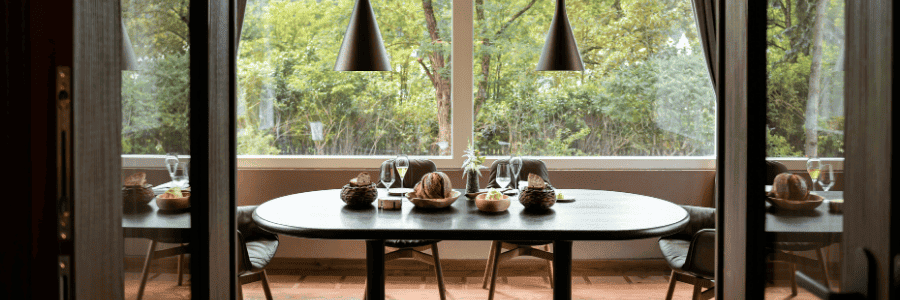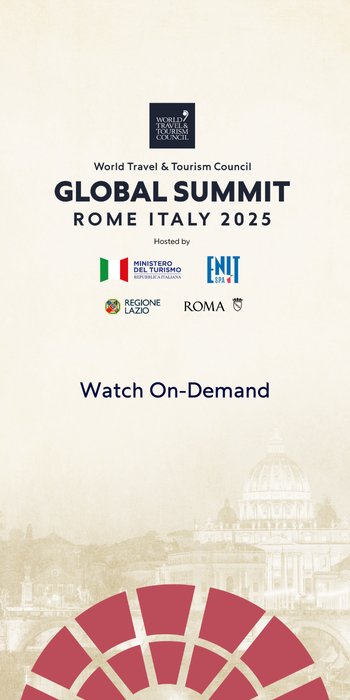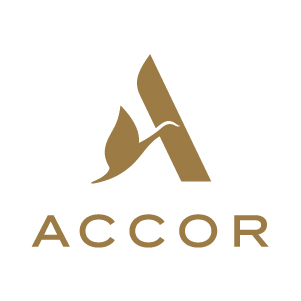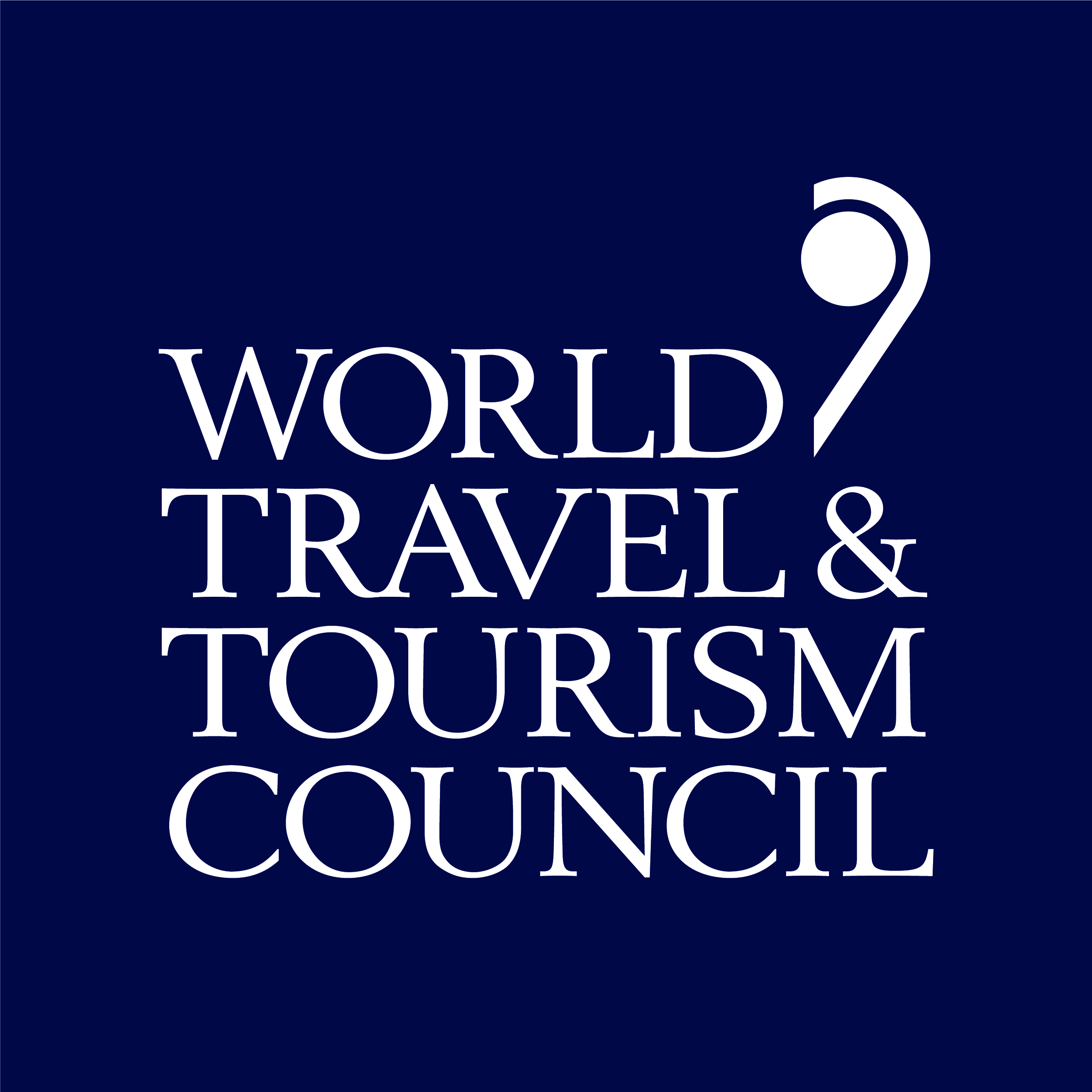From the mountains to the world: How chef Norbert is redefining luxury, sustainability, and the future of culinary travel

Why fly in truffles from across the globe when the forest outside your door offers unique flavours? For 3-Michelin-star chef Norbert Niederkofler, the pioneer behind the globally recognised ‘Cook the Mountain’ philosophy, that question became the foundation of a culinary revolution, one that is inspiring chefs, small businesses, and travel entrepreneurs worldwide to rethink what’s on their plate, and more importantly, why it’s there.
Sign in to access actionable insights
Why fly in truffles from across the globe when the forest outside your door offers unique flavours? For 3-Michelin-star chef Norbert Niederkofler, the pioneer behind the globally recognised ‘Cook the Mountain’ philosophy, that question became the foundation of a culinary revolution, one that is inspiring chefs, small businesses, and travel entrepreneurs worldwide to rethink what’s on their plate, and more importantly, why it’s there.
“It started with foraging. I asked myself why use ingredients from thousands of kilometres away when I’m surrounded by a rich natural pantry?” says Norbert. What began as a quiet rebellion against culinary convention has become a blueprint for sustainable gastronomy, rooted in place, powered by community, and bursting with authenticity.
Luxury with a new accent: Local, sustainable, story-driven
In Norbert’s world, luxury is no longer about rare caviar flown in at dawn. It’s about the hands that picked the herbs, the story behind the cheese, and the relationship between plate and place. “Travellers want real experiences now. That’s a huge opportunity for small and medium enterprises (SMEs) to tell unique, local stories,” says Norbert.
This shift is already reshaping global tourism. Culinary travellers, from Tokyo to Toronto, are seeking meals that immerse them in the culture of a destination. For SMEs, it’s a golden chance to stand out, not by mimicking global trends, but by leaning deeply into their own soil.
Norbert believes creativity flourishes when resources are limited. “If you only work with what’s local and seasonal, you have to think differently,” he says. For SMEs, that means seeing constraints not as creative shackles but as competitive advantages. Instead of chasing what’s fashionable, they can lead by celebrating what’s unique to their region.
Some of Norbert’s most defining collaborations have been with local farmers, foragers, and artisanal producers. His relationship with a mountain cheesemaker is a case in point, a man whose deep care for his animals and traditions turns each wheel into an edible story. “By bringing his cheese into my kitchen, I’m sharing his heritage with the world, allowing the brands to grow stronger, rooted in mutual respect and authenticity,” he says.
Many SMEs in food tourism hit a wall when trying to grow; the bigger they get, the harder it is to stay authentic. Norbert advises, “Don’t try to scale like a big company. Grow by deepening your story, not diluting it.” He urges small businesses to focus on quality, shared values, and meaningful partnerships, as slow growth is often the most sustainable kind.
Food as the soul of a destination
Norbert is certain that food is the most powerful form of destination storytelling. Through ‘Cook the Mountain’, he has helped position South Tyrol not just as a place of alpine beauty, but as a land with a distinct culinary voice. For SMEs, the lesson is that every meal can be a gateway into a region’s culture, history, and people.
In a world that’s ‘hungry for authenticity,’ Norbert advises SMEs to stay true to their roots, resisting the temptation to water down their story for mass appeal. “If it’s honest and deeply human, people everywhere will connect with it.”
For Norbert, sustainability is not a buzzword; it’s the backbone of his work. He urges SMEs to integrate it into every part of their business, from sourcing to waste management. “It’s a mindset shift. Sustainability is an opportunity for innovation and long-term success, not a constraint,” he says.
The power of storytelling in the digital age
From books to social media, Norbert has leveraged storytelling to amplify his philosophy and the voices of his collaborators. “People connect with authenticity, not polished marketing.” In a digital world drowning in content, it’s the genuine, unfiltered stories that cut through the noise.
While some fear technology eroding human connection, Norbert sees it as a tool for empowerment. Digital platforms can connect producers with chefs, immersive tools can bring stories to life, and apps can help travellers make sustainable choices. “The goal is to make the guest experience richer, not more transactional.”
For Norbert, leadership is about inspiring purposeful action and creating communities where responsibility is shared. He says SMEs should nurture a culture of curiosity and respect to stay adaptable in a changing world.
One of Norbert’s hardest lessons was losing a partnership because he compromised his values for commercial reasons. “It taught me that success built on shaky principles doesn’t last. So, for SMEs, integrity should be non-negotiable,” he adds.
To young chefs or entrepreneurs starting in remote areas, Norbert offers, “Embrace your limitations as your greatest strength. Remoteness and scarcity make your story unique. The secret lies in strong local relationships, curiosity, and unwavering values.”
Norbert’s journey proves that the most powerful ideas often grow from the soil beneath our feet. In a globalised world obsessed with speed, scale, and sameness, he offers a radical alternative to slow down, look around, and build something that could only exist here. Because when you “Cook the Mountain”—or whatever your own “mountain” may be—you’re not just serving a meal. You’re serving a story the world is hungry to hear, and, more importantly, you’re creating a connection that reaches from the plate to the planet.

















